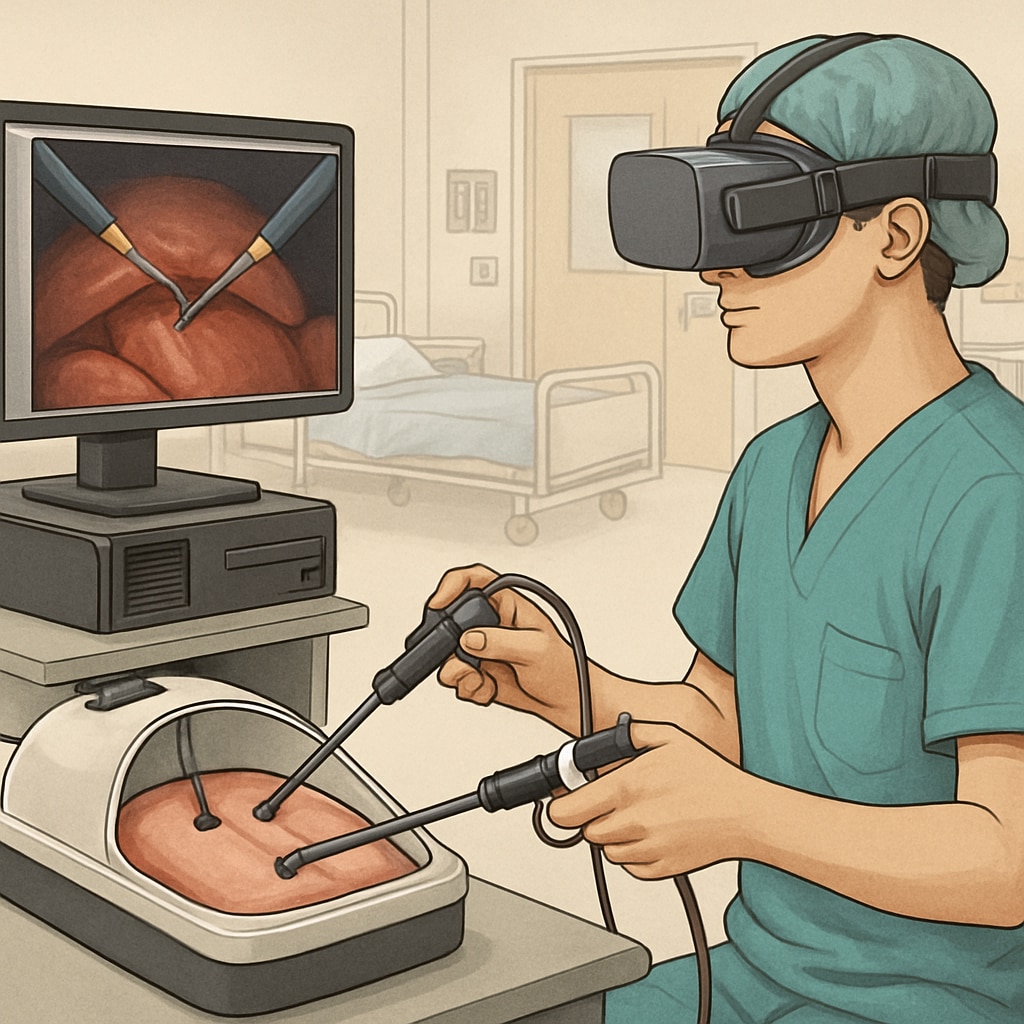For students demonstrating exceptional academic performance, supplemental learning becomes crucial when pursuing competitive fields like neurosurgery. This demanding medical specialty requires not just textbook knowledge but also advanced problem-solving skills, manual dexterity, and emotional resilience. According to the American Association of Neurological Surgeons, successful candidates typically begin developing these competencies years before medical school.
Building Academic Foundations Beyond School Curriculum
While maintaining stellar grades is essential, high-achievers must strategically supplement their education:
- Advanced STEM courses: Enroll in AP or IB programs with a focus on biology, chemistry, and physics
- Specialized MOOCs: Platforms like Coursera offer university-level neuroscience courses from institutions like Johns Hopkins
- Research opportunities: Seek summer programs at university labs studying neurology or related fields

Developing Practical Skills for Surgical Careers
Neurosurgery demands exceptional hand-eye coordination and spatial reasoning. Students should consider:
- Microscopy workshops to develop precision skills
- Robotics or 3D modeling classes to enhance spatial visualization
- Volunteering in healthcare settings to observe medical environments
The Society for Neuroscience recommends early exposure to surgical observation when possible, though direct patient contact typically comes later in training.

Psychological preparation is equally vital. The path to neurosurgery involves:
- Managing academic stress through structured time management
- Developing resilience for inevitable setbacks in competitive environments
- Cultivating empathy through community service and patient advocacy
High-achieving students should remember that while supplemental learning accelerates their preparation, sustainable success requires balance. Integrating these strategies gradually over their K12 years creates the strongest foundation for neurosurgical careers.


